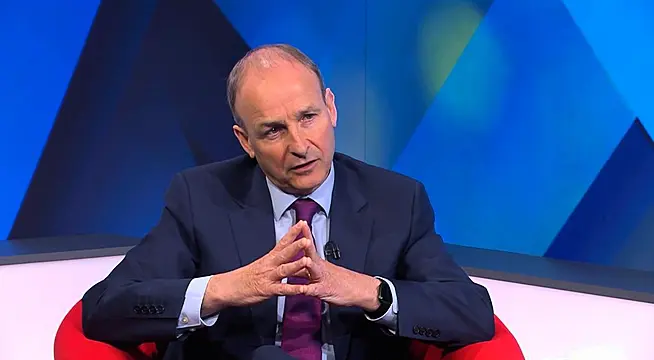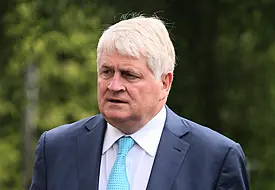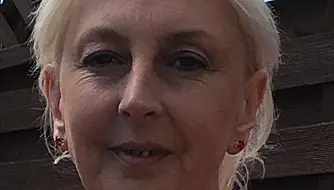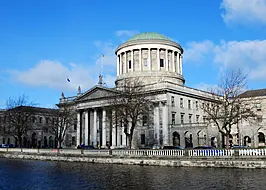The Taoiseach has said he “cannot speculate” right now about whether Covid-19 restrictions will be eased as planned next month.
Micheál Martin said the Government had managed to reopen the economy in a “cautious but a progressive way” and that many people do not want that progress jeopardised.
The Fianna Fáil leader made the comments in a television interview with Virgin Media One marking his first year in office as Taoiseach.
Mr Martin described the month of January when Covid-19 cases surged as the “worst part” of his 12 months in office, as he outlined the caution that will shape the Government’s decision-making process next week.
The Cabinet is to decide next Thursday whether it will give the green light for bars and restaurants to resume indoor hospitality on July 5th.
But concerns over the Delta variant have raised fears that the further easing of restrictions will not go ahead as planned.
Mr Martin said: “I can’t speculate right now, today, in relation to this, other than [to say] it is an area of concern to the chief medical officer, to everybody, to myself included.
“But I just want to make the point that so far, we have managed to reopen society in a cautious but a progressive way, and a lot of people are satisfied and relatively happy with the manner in which that’s happened.
“They don’t want that jeopardised or undermined in any way either, and anything we open we want to keep open. We don’t want to be going back.
“That’s the important principles that has to inform any decisions in light of any advice we might receive from the Chief Medical Officer and from Nphet, who have to do some modelling of this Delta variant.”
Mr Martin added that he understood the need for people to have clarity on the matter and that the Government would make a decision on the matter “sometime next week”.
In the hour-long interview, Mr Martin reflected on the decision to ease restrictions before Christmas.
“We diverged [from Nphet’s view] in terms of hospitality,” Mr Martin told presenter Claire Brock.
“We were more conservative in terms of household visits and in relation to intercounty travel. Be that as it may, there was a significant spike and we have to learn lessons from that.
“If we knew subsequently what we knew then, we wouldn’t have made the same decisions. I’ve been very clear on that.”
Cases peaked at more than 8,000 a day in January.
“That was the worst part of the full 12 months, that month of January,” he said.
“Because the impact of the virus was really challenging our health service, and challenging people, and impacting on people in terms of not just case numbers, but also hospital numbers going up.”
“I can recall talking to Paul Reid in the early part of January saying he could almost see the impact of Christmas Day on case numbers and hospitalisations, and New Year’s Eve on case numbers,” he added.







